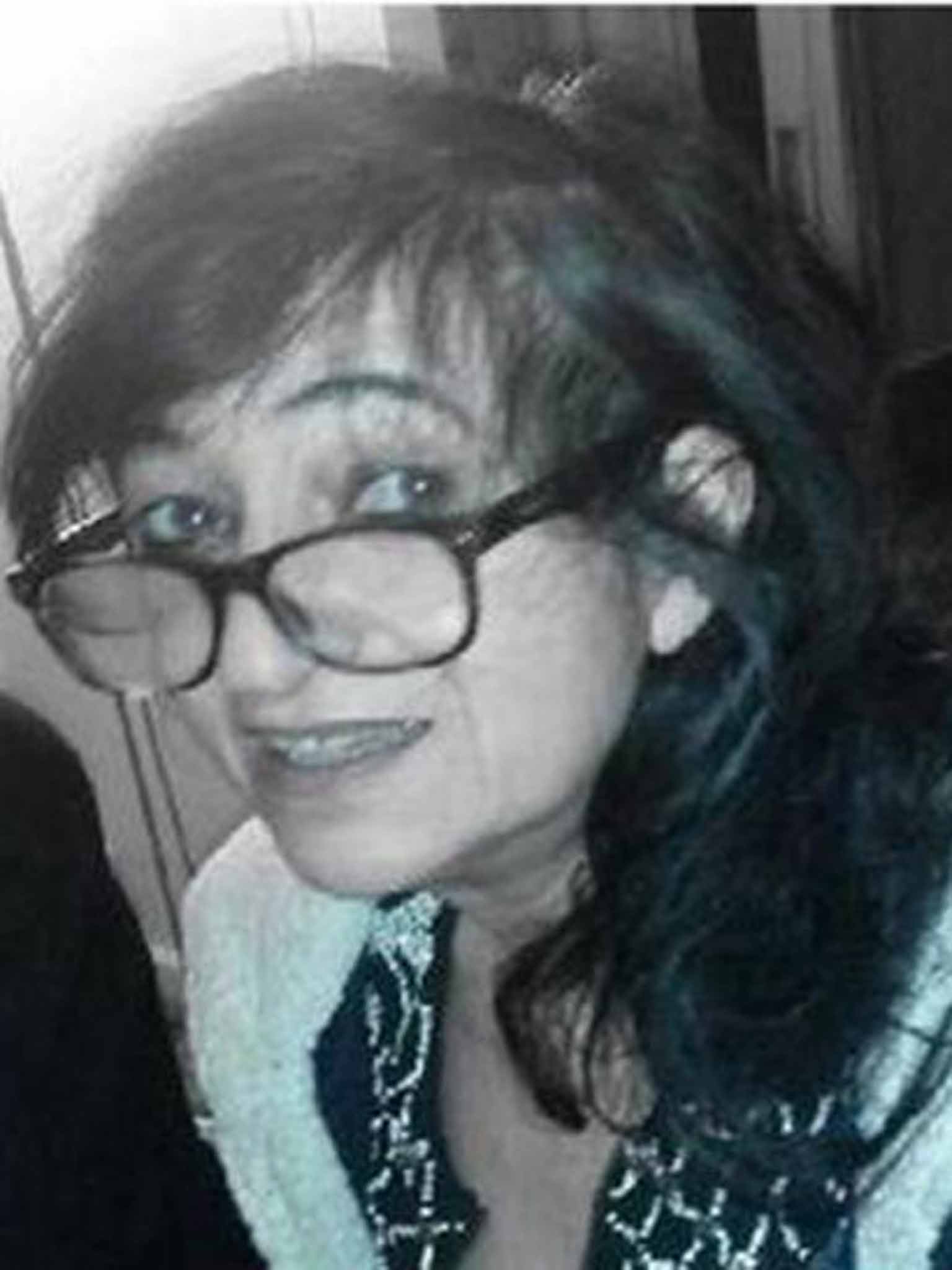Doctor Elsa Cayat: Psychoanalyst who wrote for 'Charlie Hebdo' and was murdered in the terrorist attack on the magazine
Her columns ranged from subjects such as parental authority to the roots of the Holocaust

In the month before she died Elsa Cayat received a pair of identical phone calls: "You dirty Jew. Stop working for Charlie Hebdo. If you don't, we will kill you." Concerned, this eminent Parisian psychiatrist and psychoanalyst, who contributed a fortnightly column to the satirical magazine, discussed these messages with her family. "We decided they were only verbal garbage," said her younger brother, Frederick. "We didn't think it could actually happen."
On the morning of Wednesday 7 January, however, Elsa Cayat was the only woman singled out to be murdered in the attack on the offices of Charlie Hebdo. "It seems she was selected to be executed because she was Jewish," said her cousin Sophie Bramly, a film producer and author. "They had a list of who they wanted to shoot and said they weren't killing the women. But she was the only woman who wasn't spared."
For the last three years, employing her psychiatric training, Cayat had written "Charlie Divan" (Charlie on the Couch), a fortnightly column with wide-ranging subject matter in the weekly magazine. Her final article conveyed the negative impressions of one of her patients about Christmas; although her brief was to cast a psychological slant on contemporary issues, Charlie Divan often anonymously reflected the concerns of Elsa Cayat's patients.
Although she was born in Tunisia, Elsa's family moved to Paris, to the suburb of Vincennes, when she was a toddler – she had an older sister, Beatrice, in addition to Frederick. Her father, a gastroenterologist, was a card-carrying Communist; her mother worked in the legal profession.
Fiery and somewhat hot-tempered as a child, as her cousin remembered, Cayat especially blossomed at the weekend country retreat in Dourdan, an hour from Paris, that her parents soon purchased. Though the property came with an oversized garden, it was hardly a pastoral idyll. Both parents were demanding, at an academically rigorous level: there was an insistence by them on lengthy, demanding discussions of all manner of subjects. "It was not just a happy family – in fact, she often didn't get on with her parents," said Bramly. "But it was intellectually passionate, and that upbringing drove her to become who she did."
Before Cayat could meet the Charlie Hebdo team she established herself as a highly successful Paris psychiatrist. Qualified as a doctor by the age of 21, she immediately began training in her chosen discipline. (Her medical choice of career had no impact on her voracious chain-smoking.)
A combination of intensely hard work – 12-15-hour days were the norm – and a deeply empathetic manner and analytic mind, quickly brought success for this clever woman. Her patients were legion, largely upper class and intellectual.
"She had a lot of patients because she gave her time to others and had an ability to listen to other people, and wanted to help people to have a good life," said her brother Frederick. "She was a good listener. That was paramount in her dealings with her patients." Her fees were not cheap, and paid for her practice on Avenue Mozart in the fashionable and pricey 16th arrondissement.
In 1998 she published her first book, its inscrutable title a reflection of her demanding intelligence: Un Homme + Une Femme = Quoi? (A Man + A Woman = What?). Nine years later came its successor, Le Désir et La Putain (Desire and The Whore). This pair of books only enhanced her reputation and she started to move in more literary circles. When, just over three years ago, she first socially encountered Stéphane "Charb" Charbonnier and some of his Charlie Hebdo team, she was immediately taken by them, recognising kindred spirits. "She was a woman who was incredibly successful in her chosen field and wanted to mix with similarly fervent people with extreme ideas in another area altogether," said Bramly.
Her feelings were reciprocated. "Le Divan", her column, began appearing shortly afterwards in Charlie Hebdo. With a highly intelligent slant, it ranged, reported Le Figaro, from subjects such as parental authority to the roots of the Holocaust.
Never averse to investigating her own psyche, last summer Cayat flew with Charbonnier and other Charlie Hebdo contributors to Peru, with the intention of ingesting peyote. Returning from South America, she became a proselytiser for the substance, recommending it to her 86-year-old aunt.
Elsa Cayat, psychiatrist and columnist: born Sfax, Tunisia March 9 1960; one daughter; died Paris 7 January 2015.
Join our commenting forum
Join thought-provoking conversations, follow other Independent readers and see their replies
0Comments